Having good digestion is crucial for overall health and well-being. The foods we eat can have a major impact on how well our digestive system functions. Certain foods can either promote or hinder digestion. Being mindful of what you eat and making smart food choices is key for maintaining digestive health. Here are some of the best foods to eat for good digestion.
Fiber-Rich Foods
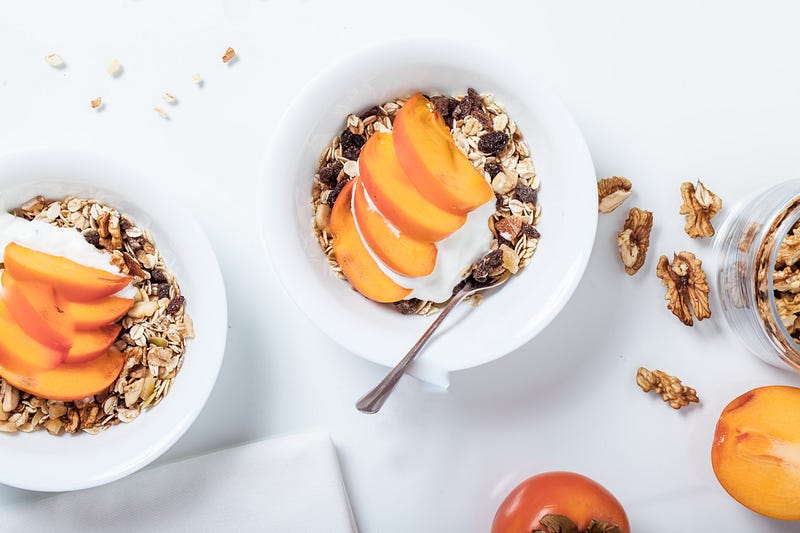
Fiber is essential for good digestion. It adds bulk to stool and helps food move smoothly through the digestive tract. Soluble fiber absorbs water in the intestines to form a gel-like substance. This softens and adds bulk to stool, allowing it to pass more easily. Insoluble fiber adds bulk and aids in cleaning out the gastrointestinal tract. Load up on high-fiber foods like beans, lentils, oats, nuts, seeds, fruits and vegetables. Aim for 25–30 grams of fiber per day. Spread fiber intake throughout the day and increase it gradually to avoid gas and bloating.
Probiotic Foods
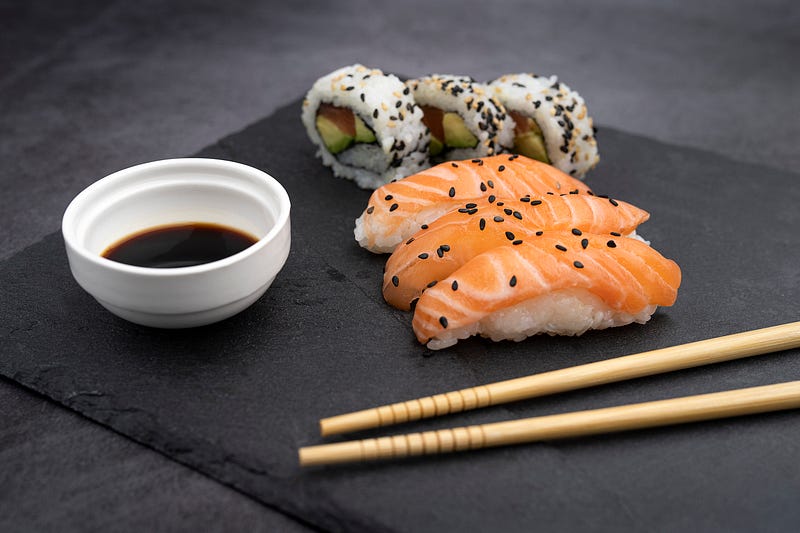
Probiotics are healthy bacteria that live in the gut and aid in digestion. They help break down food, absorb nutrients, produce vitamins, and protect against harmful bacteria. The gut microbiome plays a major role in overall health. Foods like yogurt, kefir, sauerkraut, kimchi and kombucha contain probiotics. Aim for 1–2 servings of probiotic foods daily to maintain digestive balance. Look for yogurts with live active cultures and products that state “contains probiotics” on the label.
Fermented Foods
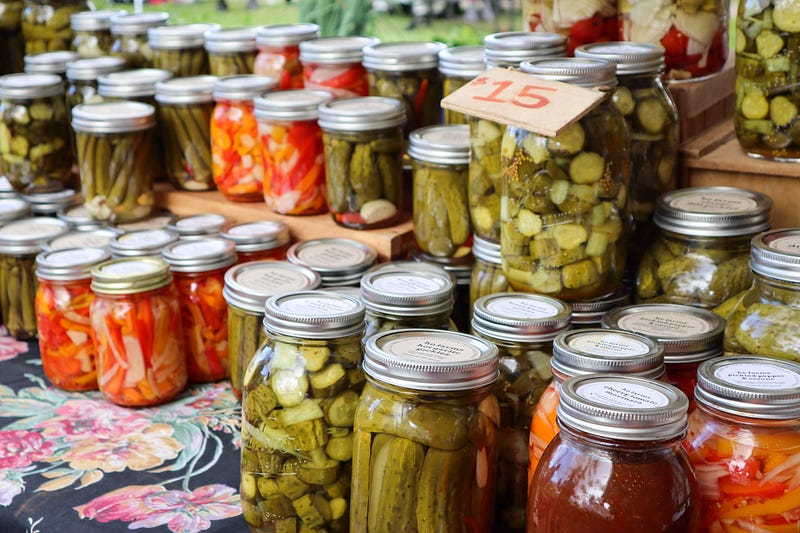
In addition to probiotics, fermented foods also contain prebiotics which feed the good bacteria in the gut. Prebiotics act as fuel for probiotics to thrive. Foods like yogurt, kefir, sauerkraut, kimchi, miso, tempeh, and kombucha provide both prebiotics and probiotics. Enjoy them regularly to boost healthy digestion. Other probiotic-rich foods include garlic, onions, leeks, asparagus, bananas, apples, and wheat bran.
Leafy Greens
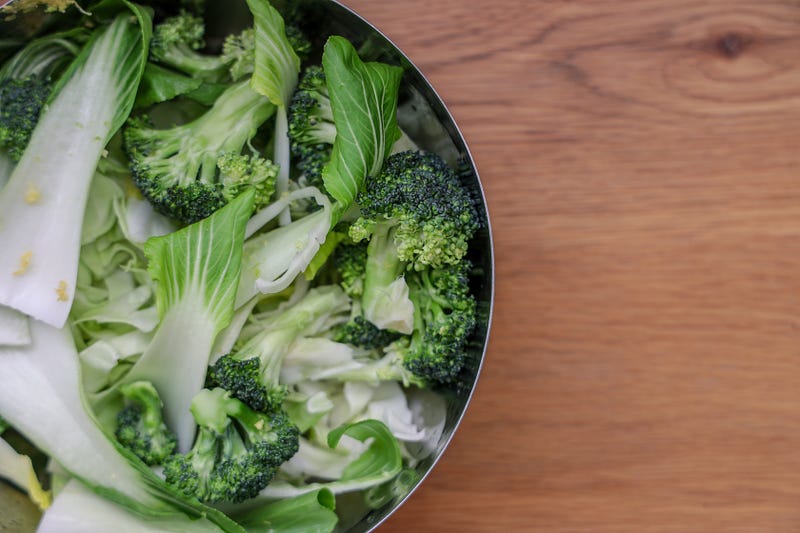
Leafy green vegetables like spinach, kale, arugula, romaine, and collard greens are packed with fiber for better digestion. Greens help move food through the digestive tract to prevent constipation. The chlorophyll in greens acts as a mild natural cleanser to promote detoxification. Greens also provide vitamins, minerals, antioxidants, and phytochemicals to support overall health. Aim for 2–3 servings of nutrient-dense greens every day. Add them to smoothies, salads, sandwiches, or sides.
Lean Protein

Protein is essential for digestive health. It helps nourish the cells that line the gastrointestinal tract. Protein also regulates digestive enzymes to optimize nutrient absorption from food. Lean protein sources like fish, poultry, eggs, legumes, nuts, and seeds aid digestion. Aim for 20–30 grams of protein per meal. Be sure to chew protein foods thoroughly to facilitate proper digestion.
Healthy Fats
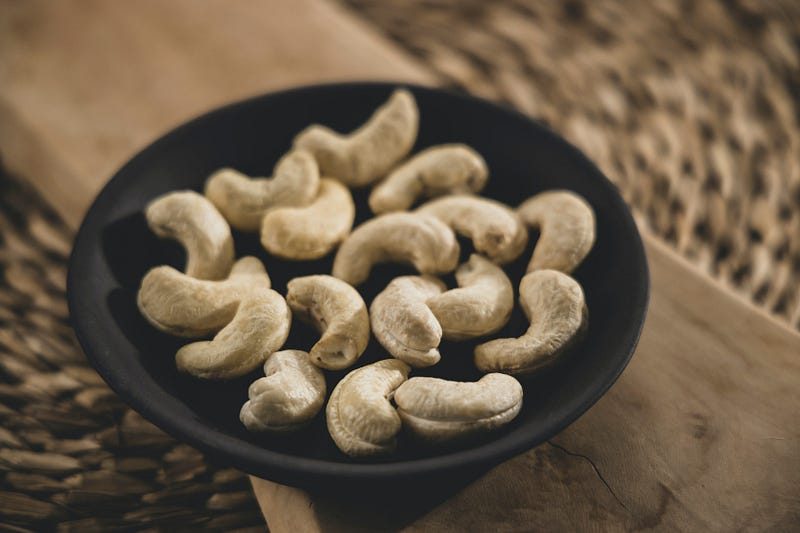
Not all fats are bad for digestion. Healthy fats play an important role in nutrient absorption and satiety. Avocados, olive oil, nuts, seeds, and fatty fish like salmon, and mackerel contain unsaturated fats that fight inflammation in the digestive tract. Coconut oil has antimicrobial properties to balance gut bacteria. Avoid fried and trans fats which can be difficult to digest. Focus on incorporating more plant-based and omega-3-rich healthy fats.
Bone Broth
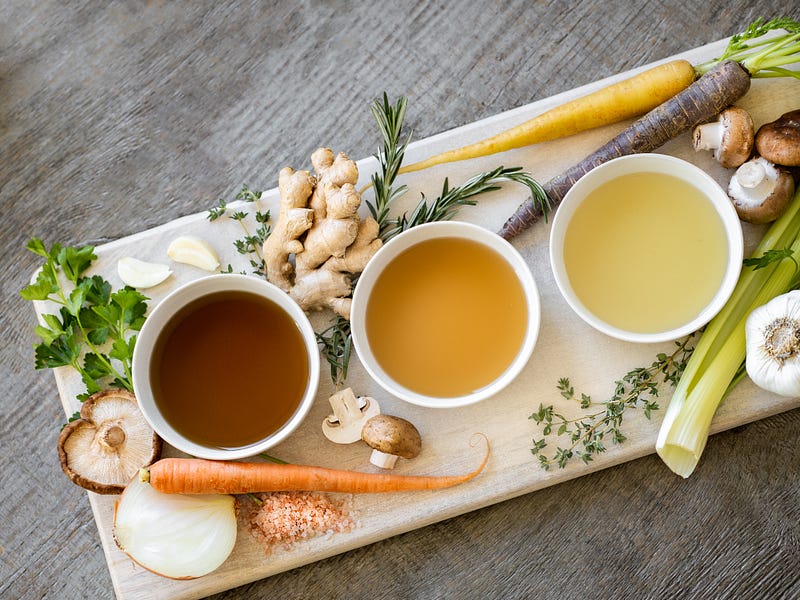
Sipping on a bone broth made by simmering animal bones and connective tissue can benefit digestion in multiple ways. The collagen from bones and glycine amino acid in bone broth heal a leaky gut lining to reduce inflammation. Bone broth is easily absorbed to provide energy and nutrients. The hydrating liquid supports electrolyte balance. Sip bone broth on its own or use it as a base for soups and stews.
Herbal Teas
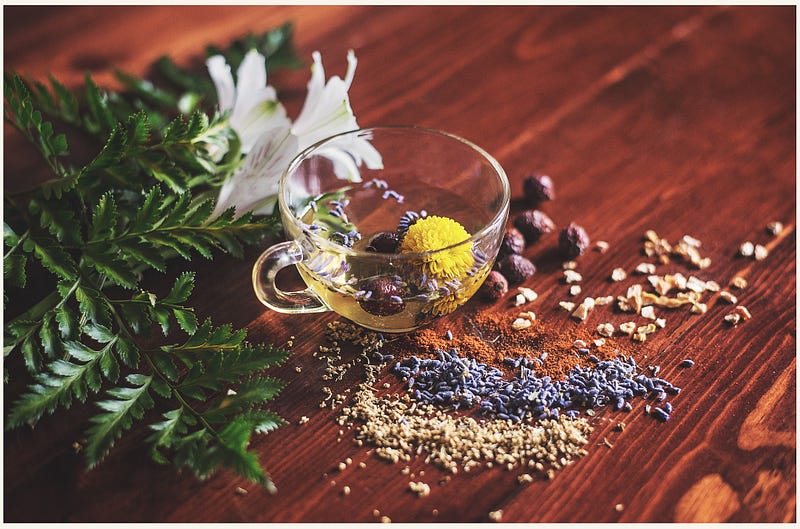
Soothing herbal teas can relax the gastrointestinal tract and aid digestion. Peppermint tea helps alleviate gas, bloating, and indigestion. Ginger tea minimizes nausea, stomach cramps, and diarrhea. Chamomile tea reduces inflammation in the gut and calms the nerves. Licorice root and fennel teas are natural antacids to relieve heartburn and acid reflux symptoms. Sip on warm herbal teas during or after meals for better digestion. The benefits of drinking Herbal Teas for relaxation and health — Check this out!
Water

Staying hydrated is key for good digestion. Water helps move food through the digestive system to prevent constipation. Adequate water intake also softens stool making it easier to pass. Drink water before, during, and after meals but avoid large amounts which can dilute digestive juices. Opt for warm or hot water as it stimulates the digestive tract. Infuse water with lemon, cucumber, or mint to aid digestion. Drink at least eight 8-ounce glasses of water per day. 📺 Watch this eye-opening video to uncover the truth about proper hydration and why electrolytes are a game-changer.
High-Fiber Fruits
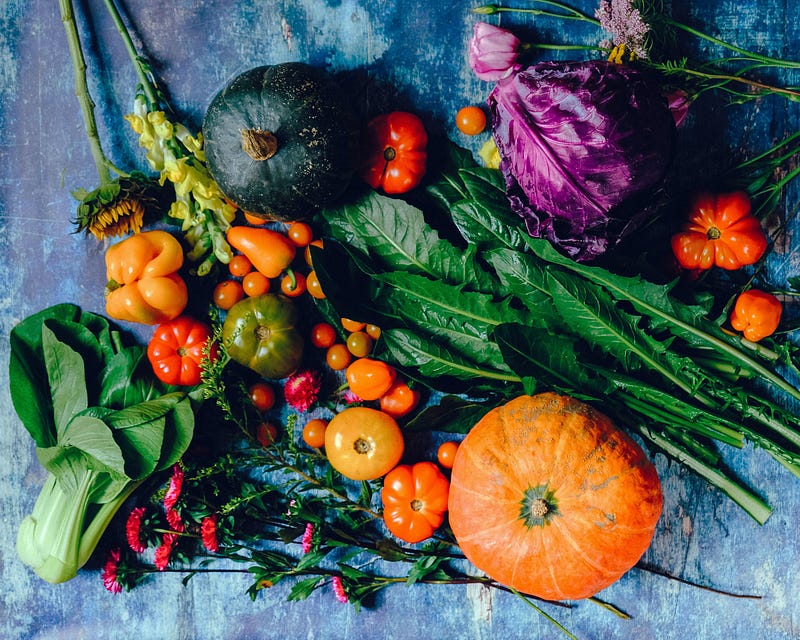
Fruits high in fiber like apples, pears, berries, oranges, grapefruit, and plums boost digestion. The fiber and water content in fruits helps soften and add bulk to stool for regular bowel movements. Fruits also contain antioxidants, vitamins, and minerals that support gut health. Citrus fruits and tropical fruits like kiwi, mango, and papaya contain enzymes that break down proteins, fats, and carbs for better digestion. Enjoy fresh, whole fruits preferably with skin intact.
Spices and Herbs
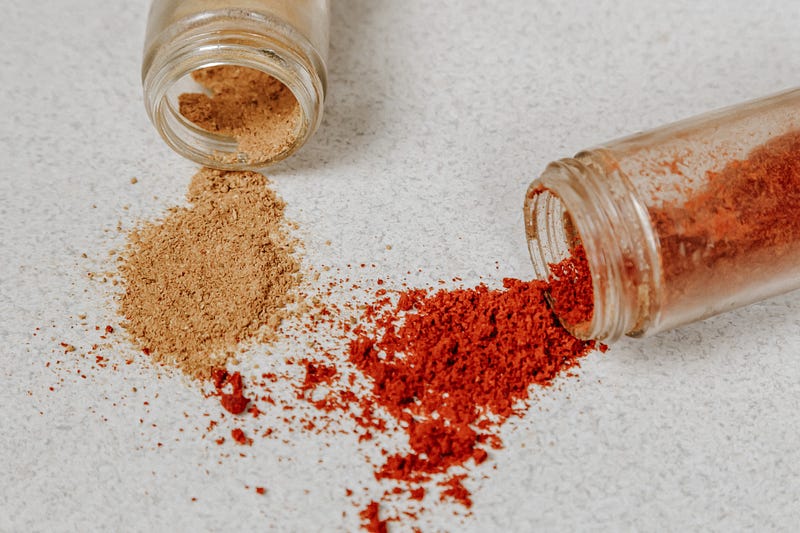
Certain spices and herbs contain potent antioxidants that prevent gut inflammation and improve digestion. Ginger, turmeric, cumin, coriander, fenugreek, oregano, rosemary, and thyme help stimulate digestive juices and enzyme secretion. They help minimize gas, bloating, cramps, and indigestion. Add these healing spices and herbs generously when cooking meals. You can also sip herbal tea with ginger or turmeric.
Vegetable Soup
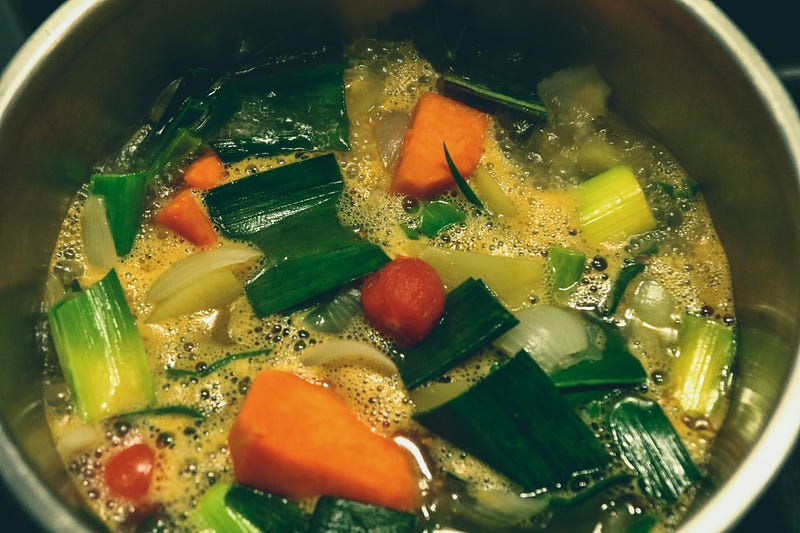
Warm soups made with vegetables are ideal for improving digestion. The heat and liquid help loosen up food residing in the digestive tract. Veggies provide fiber while the broth offers hydration. Make the soup with bone broth for added amino acids. Add a serving of fermented vegetables like sauerkraut to the soup for probiotics. Include herbs and spices like ginger, garlic, and turmeric to enhance digestion. Sip this gut-healing soup as an evening meal or snack.
Soaking and Sprouting

Soaking nuts, seeds, and legumes before cooking helps break down the enzymes that can cause bloating and gas. The soaking process also releases more nutrients improving digestion and absorption. Soak for at least 8 hours or overnight. Sprouting is another way to increase digestibility and nutrients. Sprouting beans, grains, or seeds by rinsing and leaving them in water for a few days reduces phytic acid and increases beneficial enzymes.
Avoid Processed Foods

One of the best things you can do for digestion is to avoid highly processed and refined foods. These contain little to no fiber and can be difficult to break down, causing gut issues. Processed grains like white bread, pastries, chips, and baked goods lack the fiber coating from whole grains. Sugar and artificial ingredients in packaged foods negatively impact gut bacteria. Stick to a whole foods diet with plenty of produce, lean protein, healthy fats, and probiotic foods.
Discover the key elements that define a food as “ultra-processed” and understand its crucial impact on your well-being. Learn more
Smaller Meals

Overeating or eating large portions overworks the digestive system. Having smaller, frequent meals allows the body to properly break down and absorb nutrients without getting overwhelmed. Aim for 4–5 smaller meals spaced 2–3 hours apart rather than just three large meals a day. Eat slowly, chewing thoroughly and stopping when you feel satisfied, not overly full. Avoid drinking large amounts of liquid before or during meals. Find out what really happens to your body when you overeat. Learn more
Adequate Sleep

Getting adequate sleep every night allows the entire body, including the digestive system, to recharge and renew. Poor sleep can alter gut bacteria balance. It can also impair the muscles needed to push food through the GI tract, leading to indigestion issues. Develop good sleep habits like limiting screen time before bed, avoiding caffeine at night, and creating a cool, relaxing sleep environment. Get 7–9 hours of restful sleep every night. Better sleep: Why it’s important for your health and tips to sleep soundly. Read more..
Regular Exercise

Regular physical activity benefits digestion by stimulating muscle contractions in the intestines which help move food through the GI tract. Exercise also reduces stress and anxiety which can trigger digestive issues like ulcers and irritable bowel syndrome. Aim for 30–60 minutes of moderate exercise like brisk walking or jogging most days of the week. Strength training also helps improve posture and muscle tone needed for elimination.
Manage Stress

Chronic stress takes a toll on digestion by altering gut microbes and depleting hormones needed for proper enzyme secretion. Stress can cause inflammation in the gut lining and increase the risk of leaky gut syndrome. Learning to manage stress through meditation, yoga, breathing exercises, journaling, and other relaxing activities helps improve gut health. Consider probiotic and adaptogenic supplements like ashwagandha to reduce the effects of stress on digestion.
Are you facing challenges with digestive issues like constipation, irritable bowel syndrome (IBS), and more? Addressing these dietary health concerns at their core is crucial, and that’s where this innovative formula comes in. Discover more here.
Conclusion
In summary, maintaining good digestion involves making smart dietary choices, practicing lifestyle habits that support gut health, and managing stress levels. Focus on eating a fiber-rich whole-food diet with plenty of probiotic foods. Stay hydrated, exercise regularly, get enough sleep, and find healthy ways to deal with stress. Paying attention to how you feel after eating certain foods can help pinpoint problem triggers. Be patient as it may take some trial and error to discover the optimal eating habits and routines that improve your digestion. You can enjoy excellent digestive health for lifelong wellness with a little care and awareness.



Post a Comment
0Comments